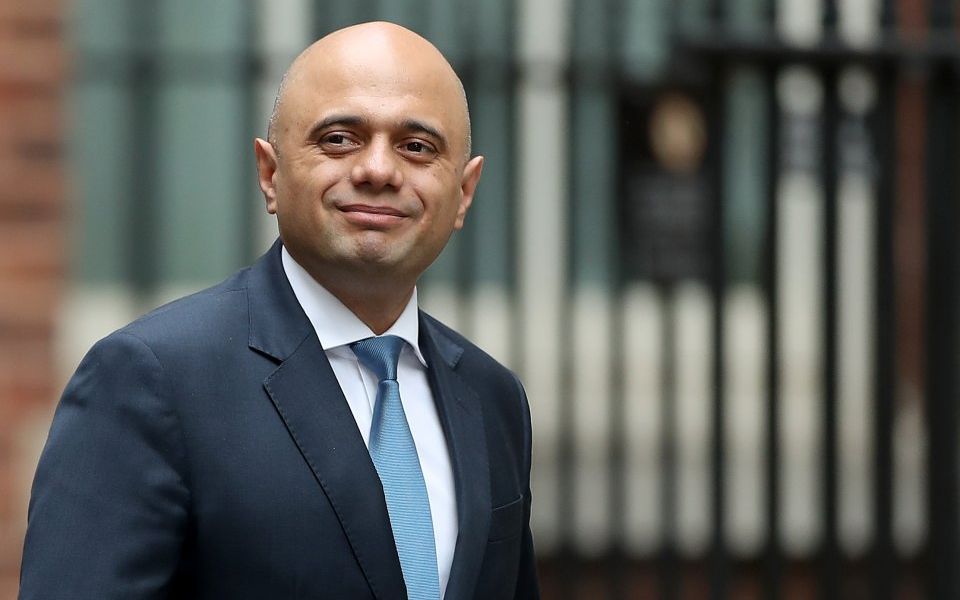The UK’s post-Brexit immigration rules must be international, not just continental

Customs arrangements, agricultural subsidies, the Northern Ireland backstop – all vital parts of the Brexit talks, and all unlikely to provoke much of a reaction outside of those with direct involvement in the respective areas.
However, immigration after Brexit – that gets people talking.
All too often used by low politicians with high ambitions to stir up discourse in a bid for power, the tone of debate around migration usually appeals to people's hearts rather than their heads.
Running the UK's borders is one of those tasks, like being England manager or a judge on Strictly Come Dancing, where people are convinced they could do a better job – even if they have no relevant experience or little understanding of the technical detail.
But as the government debates what kind of immigration system the UK should operate after Brexit, it must resist the urge to seek quick wins in an effort to appease voters who want to see migrant numbers reduced even further. This kind of thinking led to the ludicrous 'tens of thousands' target that has never been met and ought to be ditched.
Read more: Major report recommends end to migration cap for highly skilled workers
Last week's Migration Advisory Committee's report was the latest study to confirm that immigration from the EU has had no negative impact on overall employment in the UK and barely any effect on wage growth.
Conversely, even before Brexit, there was growing concern over the hit to growth if businesses have to pick from a shrinking pool of talent.
Shaftesbury Group’s chief executive Brian Bickell, whose £3.86bn FTSE 250 property company represents nearly 600 West End businesses, has told City A.M. many London companies are worried about losing EU staff or struggling to recruit from further afield because of restrictive Home Office visa rules.
Read more: West end retail giants 'hit by staff shortages'
At Cabinet on Monday, home secretary Sajid Javid attempted to take some of the heat out of the debate, putting forward a post-Brexit model focusing less on arbitrary targets and more on economic need as he called for EU and non-EU workers to be able to come to the UK on the same terms.
No ministers spoke against the plan with any force, suggesting that if the government keeps its head then after Brexit the UK jobs market could be truly international instead of merely continental. This is a prize that Javid is right to push for.